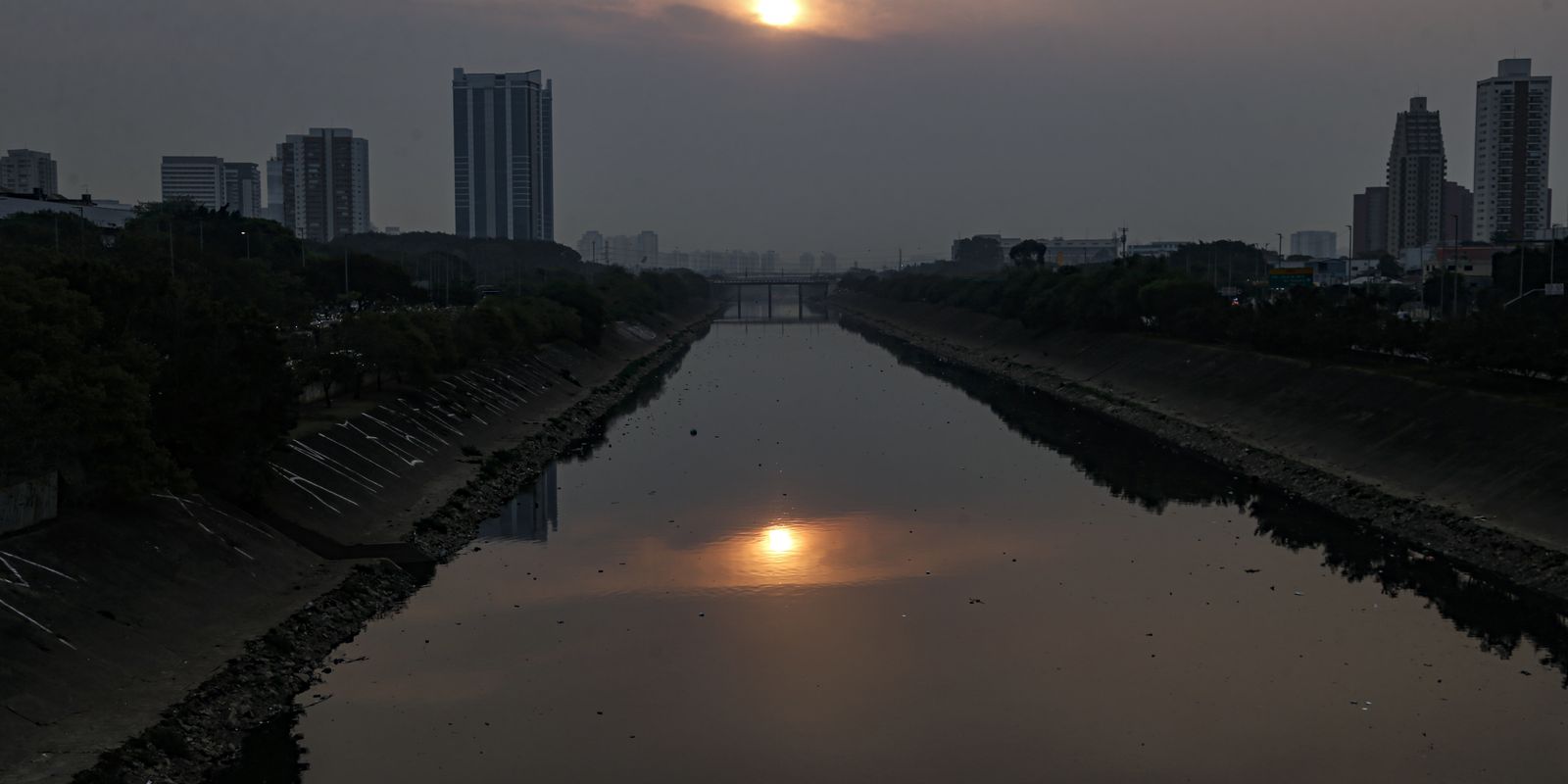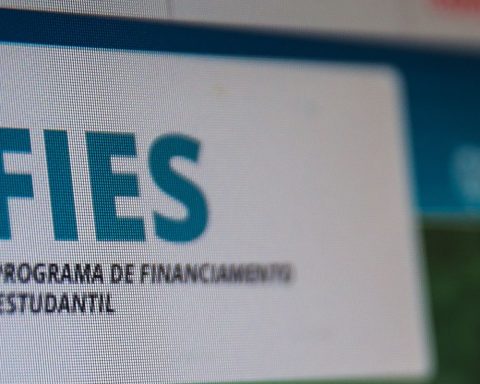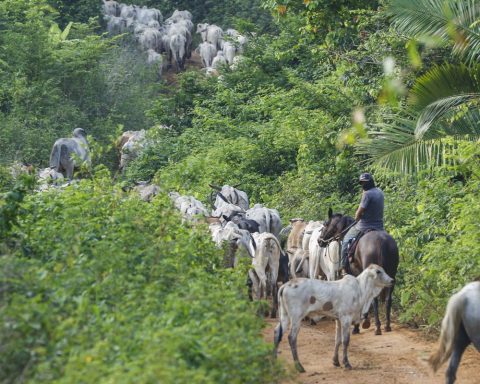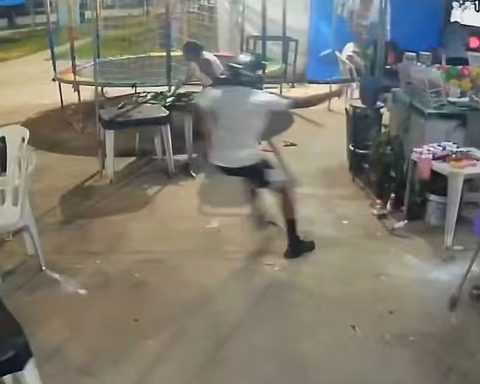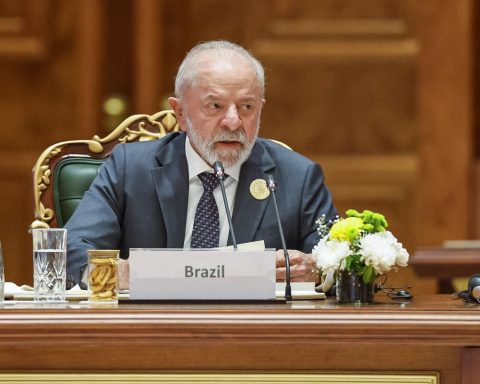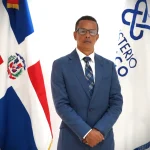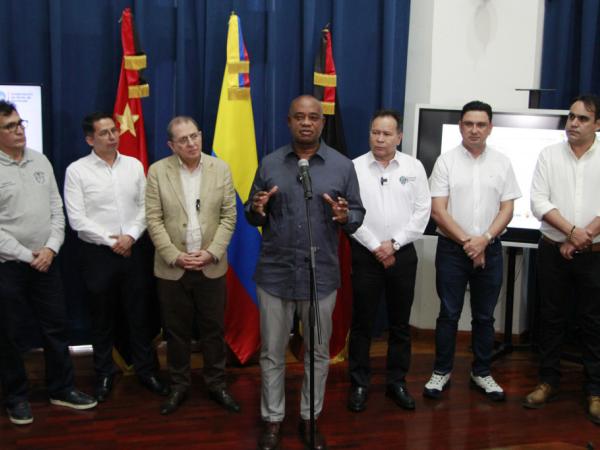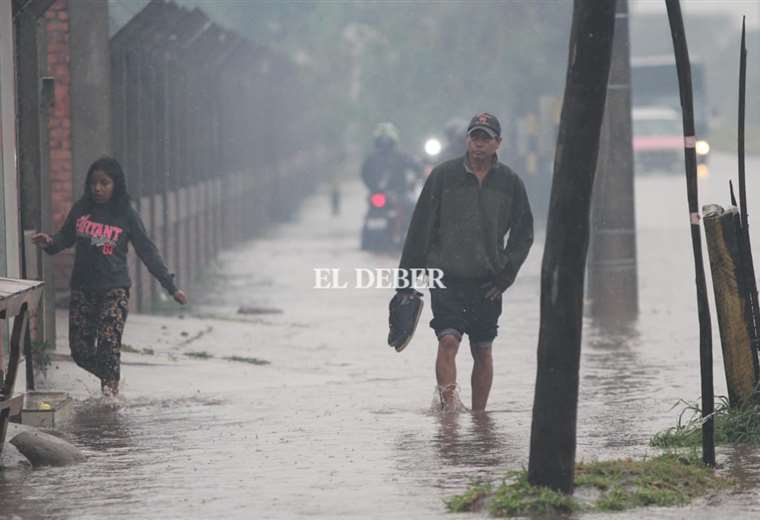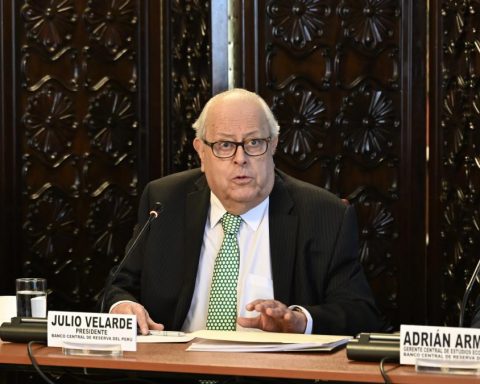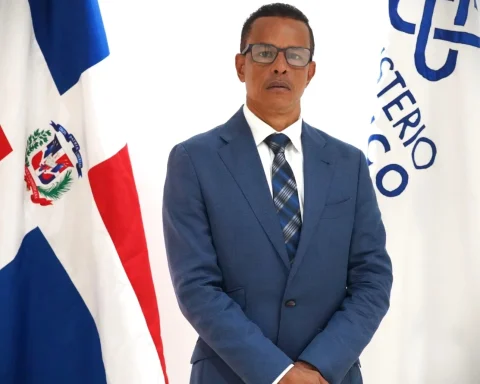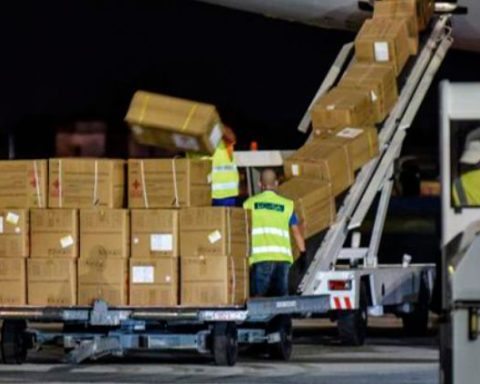Residents of São Paulo will be exposed to ultraviolet index (UVI) 11, considered extreme by the World Health Organization, starting next Thursday (19). The information comes from the Center for Weather Forecasting and Climate Studies (CPTEC), linked to the National Institute for Space Research (INPE). According to the forecast, the index will remain at its highest point at least until Friday.
The UVI, which can range from zero to 11, measures the intensity of ultraviolet rays that can cause skin burns and eye damage, among other health problems.
Air pollution is one of the factors that, by affecting the ozone layer, allows more UV radiation to reach the earth. The air quality in the Metropolitan Region of São Paulo has worsened in the last week, when the capital of São Paulo was considered the most polluted city in the world. In addition to the emission of pollutants, the population suffers from smoke caused by forest fires, low humidity and the heat wave. For next Friday (20), CPTEC predicts that the temperature will reach 34ºC in the city.
Meeting
The air situation in São Paulo and the climate crisis across the state prompted a meeting yesterday (13) between the Minister of Health, Nísia Trindade, the Minister of the Environment and Climate Change, Marina Silva, and the Governor of São Paulo, Tarcísio de Freitas.
Due to fires in the state, the government of São Paulo extended the closure of 81 conservation units until the 29th, increased the number of civilian firefighters to 102 people and allocated R$5.9 million to hire firefighting aircraft.
Technicians from the Secretariat for Specialized Health Care (Saes) of the Ministry of Health were in the Ribeirão Preto region, in the interior of São Paulo, to develop action plans to assist the population that has suffered from the increase in fires in recent weeks.
Among other measures, the Ministry of Health recommends that managers reinforce the performance of Basic Health Units (UBS) and Emergency Care Units (UPA); ensure the provision of hydration and nebulization points; and monitor the quality of water and air.
For the population, the guidelines are to increase the intake of drinking water; stay in cooler places; avoid physical activities in open areas and stay away from fires.
In addition to the state of São Paulo, the federal government is monitoring and assisting other regions affected by drought and fires. Next week, the Ministry of Health announced that the National Health Service (SUS) Force will visit the states of Acre, Amazonas and Rondônia.
